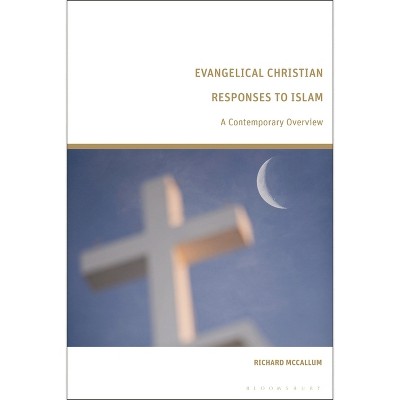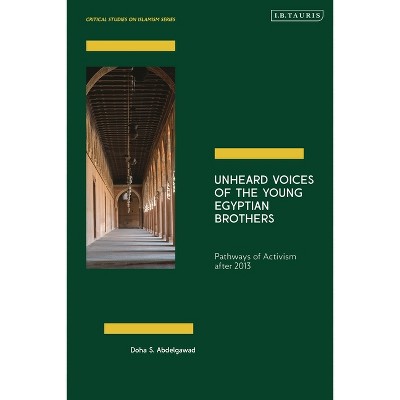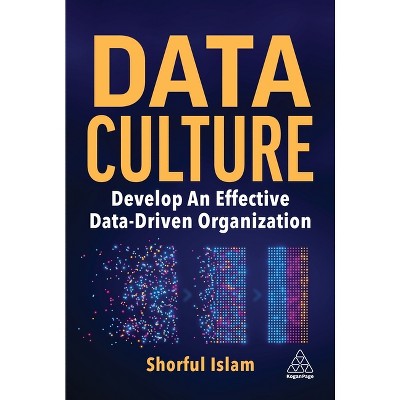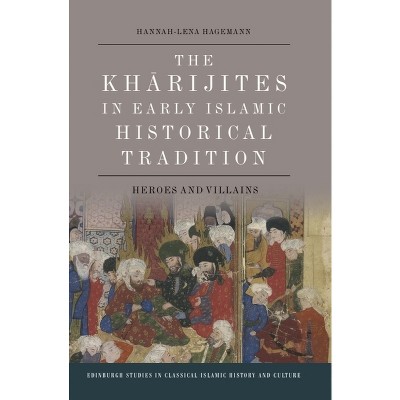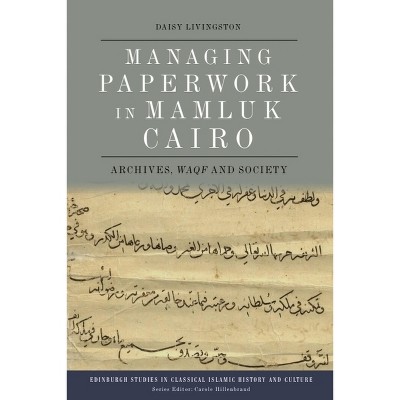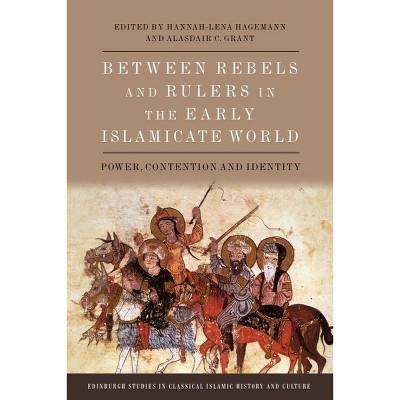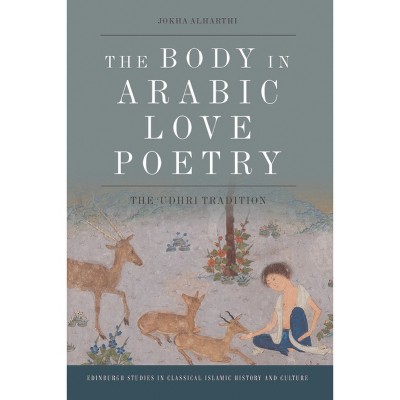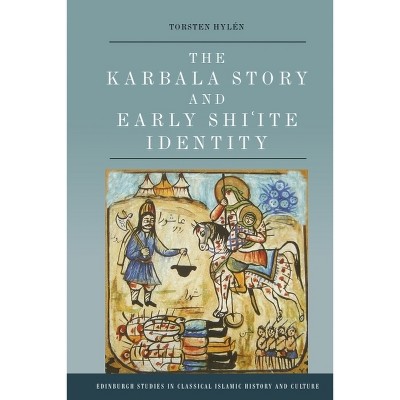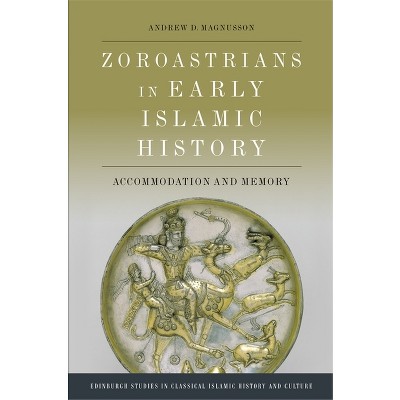Medieval Syria and the Onset of the Crusades - (Edinburgh Studies in Classical Islamic History and Culture) by James Wilson

About this item
Highlights
- Between 1050 and 1128 the nomadic Seljuq Turks and European Crusaders subjected northern Syria to a series of invasions from the east and west.
- About the Author: James Wilson is a Postdoctoral Fellow at the Zukunftskolleg and Department of History and Sociology at the University of Konstanz.
- 320 Pages
- History, Middle East
- Series Name: Edinburgh Studies in Classical Islamic History and Culture
Description
About the Book
Surveys a turbulent chapter of Syrian history from multiple perspectives, recalibrating the underlying power dynamics of the late eleventh and early twelfth centuries.
Book Synopsis
Between 1050 and 1128 the nomadic Seljuq Turks and European Crusaders subjected northern Syria to a series of invasions from the east and west. The migration of militant peoples from the Eurasian Steppe and Western Europe inserted a new set of political elites into a complex frontier zone already beset by numerous conflicts fought along several ethno-cultural and religious contours. Surveying this turbulent chapter of Syrian history from multiple perspectives, this book recalibrates the underlying power dynamics of the late eleventh and early twelfth centuries. Through this regional focus, it reassesses both the impact that the establishment of Turkish and Crusader lordships had upon bilad al-sham (Greater Syria) and the reactions of Syria's established ruling elite to this unprecedented sequence of events.
Providing a unique reinterpretation of the political situation in bilad al-sham during one of the most important periods in Middle Eastern history, this book proposes a new model for understanding the political dynasties of this period and questions the significance ascribed to the establishment of the Crusader States by modern historians.
Review Quotes
The main strength of the book is the author's command of the primary sources and literature and his ability to shed new light on the history of the region. The book constitutes a significant contribution to the history of Bilad al-Sham during the eleventh and early twelfth centuries.--Yaacov Lev "Speculum, A Journal of Medieval Studies"
[A] rich, comprehensive and coherent survey of Bilad al-Sham before and after the Seljuq and Frankish invasions that succeeds in sketching the complex political, religious and linguistic medieval Syrian landscape.--Mohamad El-Merheb, University of Groningen "The English Historical Review"
James Wilson's book is the most significant re-assessment of the Syrian context for the Crusades since the time of Claude Cahen. Wilson shows conclusively that, far from being a by-product of Seljuq statecraft, a system of autonomous lordships was a defining feature of Syria's political landscape well before the coming of the Turks. He also demonstrates that, when the Franks encountered this landscape on their arrival during the First Crusade, they never fully integrated themselves into local political cultures, and so remained clumsy and alien participants in a long-lived and distinctively Syrian game of lordships. Moreover, it was this system that stymied official Seljuq reactions to the Frankish invasions, no matter how quickly or purposefully the sultans responded. Based on a skilful and judicious reading of a wide range of sources from the complex society of medieval Syria, this should be required reading for anyone interested in the origins of the crusades and their impact on the Middle East.
--Paul M. Cobb, University of PennsylvaniaThis book is a skilful and lucid survey of Syria in the turbulent period of the Seljuq and crusader conquests of the eleventh and twelfth centuries, and an important work of transnational history. Drawing on a wide range of important sources, James Wilson writes with a clarity and coherence that light a path through a complex historical landscape.
--Andrew Jotischky, Royal Holloway University of London[...] the book will be a welcome addition to several lively, ongoing conversations in Crusades-adjacent fields.--R. A. Miller, emerita, University of Massachusetts Boston "CHOICE March 2024"
About the Author
James Wilson is a Postdoctoral Fellow at the Zukunftskolleg and Department of History and Sociology at the University of Konstanz. He has had articles accepted for publication in Al-Masāq: Journal of the Medieval Mediterranean and Journal of the Royal Asiatic Society.
